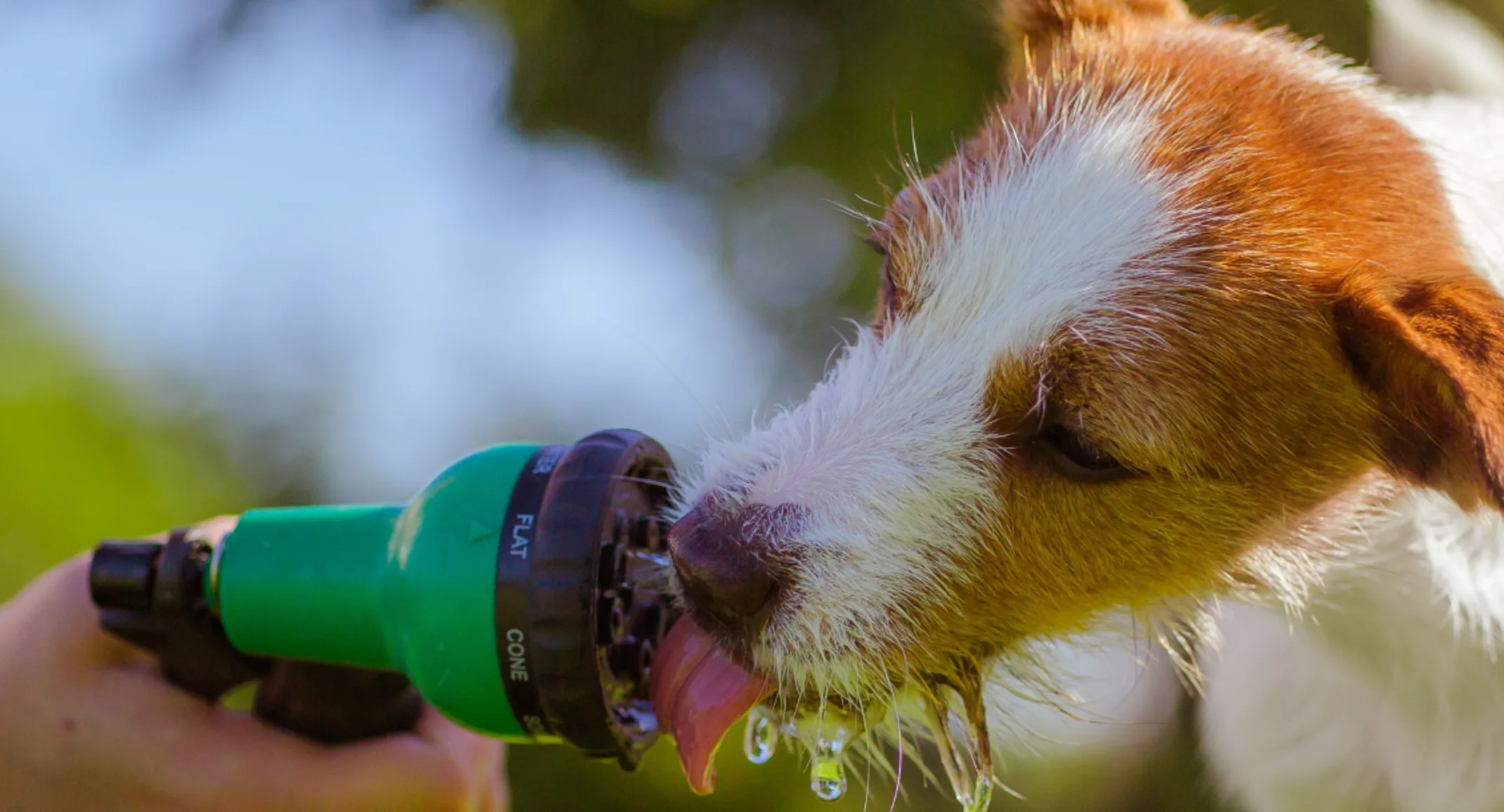Why Is My Pet Drinking So Much Water?
Health Tips

If your dog is suddenly emptying the water bowl more than usual or your cat seems constantly thirsty, it’s time to pay attention. While an occasional increase in water intake may be harmless, persistent or excessive thirst—known as polydipsia (PD)—can signal an underlying health issue.
Not Just Thirsty: What Causes Excessive Drinking?
Increased thirst often stems from a medical condition that affects your pet’s ability to regulate its water balance. Some of the most common causes include:
Diabetes Mellitus: Especially common in older pets. Excess glucose in the bloodstream draws water out of tissues, making pets thirsty.
Cushing’s Disease: A hormonal disorder that causes excessive cortisol, often leading to increased urination and thirst. One of the most overlooked causes of PU/PD.
Kidney Disease: Damaged kidneys can’t conserve water effectively, leading to frequent urination and compensatory thirst.
Urinary Tract Infections or other urinary disorders
Heat vs. Health: How Much Is Too Much?
Yes, pets tend to drink more during the summer—especially after exercise or outdoor play. But if your pet is draining their bowl multiple times a day or asking to go out to urinate much more than usual, that may be a red flag worth checking.
Urine Clues: Accidents Could Be a Warning Sign
If your house-trained pet starts having accidents indoors, it could be due to increased urine production rather than behavior. PU (polyuria) paired with PD (polydipsia) often points to an underlying medical condition, not just poor training or attention-seeking behavior.
When to See Internal Medicine
If your pet has been drinking excessively for more than a few days, or if you’re noticing other changes (e.g., weight loss, increased appetite, or lethargy), it’s time for a deeper look. Your primary veterinarian may start with basic lab work. If results are inconclusive or more advanced care is needed, they might refer you to a veterinary Internal Medicine specialist.
At VSH North County, our Internal Medicine team combines compassionate, expert care with advanced diagnostics such as:
Comprehensive lab panels
Abdominal ultrasound
Hormonal testing
(to assess conditions like Cushing’s or Addison’s)
Symptom Tracker: Help Your Vet Help Your Pet
Before your appointment, try to keep a 3-day log of your pet’s drinking and urinating habits:
How often do they drink?
How much water are they consuming?
Any accidents or nighttime urination?
This log can be a game-changer in helping your vet understand what’s happening and decide on next steps.
Compassionate Expertise When You Need It Most
At VSH North County, we’re proud to offer the most advanced care options paired with true compassion and partnership. If your pet is showing signs of excessive thirst, our Internal Medicine specialists are here to uncover the cause and guide you through every step of the healing journey.
